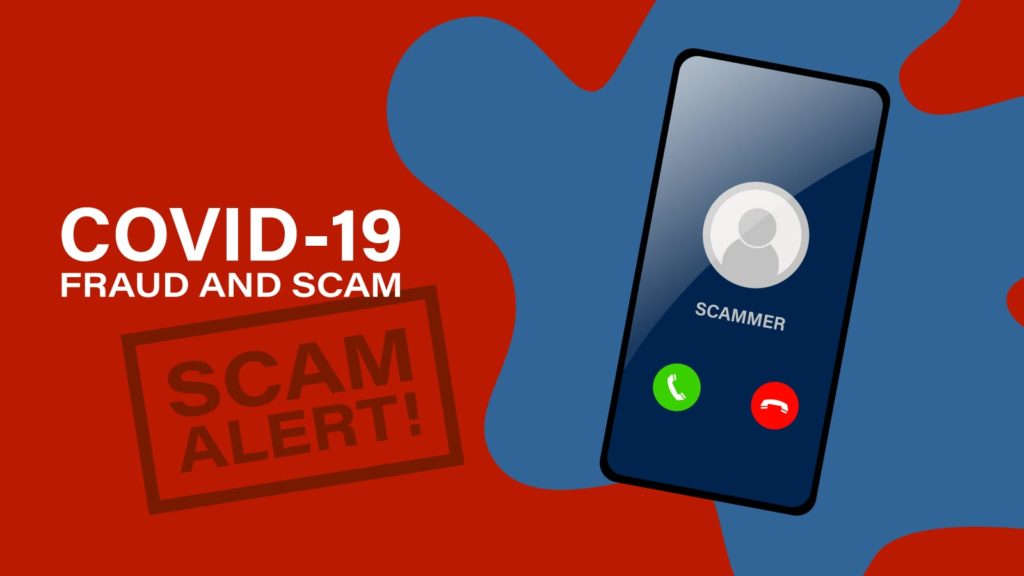The World Health Organization (WHO) has been made aware of correspondences being circulated by scammers (acting under the name of Capital Finance, Inc. London), falsely notifying recipients of such correspondences that they have been selected as a beneficiary/winner of a US$1 million lottery compensation prize payment for losses and damages suffered as a result of the COVID-19 pandemic.
These fraudulent correspondences falsely allege that the so-called “COVID-19 Lottery Compensation Prize” is brought to you by WHO, in association with the International Monetary Fund (IMF) and Bill & Melinda Gates Foundation (BMGF).
These scammers—who claim to be a financial management firm in London—falsely state that they have been appointed by WHO to process payment of the “COVID-19 Lottery Compensation Prize”. In addition, these scams seek to obtain personal details and, in some cases, money from the recipients of such fraudulent correspondences, including (but not limited to) by requesting recipients to urgently send the scammers: (1) a copy of the recipient’s passport or proof of identification, (2) his/her nationality, (3) his/her occupation, and (4) the recipient’s mailing address, email address and telephone number, in order to enable the scammers to process the fraudulent lottery compensation prize payment.
WHO seeks to warn the public at large that the “COVID-19 Lottery Compensation Prize” is a fraudulent scam being falsely perpetrated in the name of WHO through different channels (e.g., via email, from Internet websites such as www.capitalfinanceinc.net, etc.). In this respect, WHO would like to clarify to the public the following:
- The “COVID-19 Lottery Compensation Prize” is a fraudulent scam;
- According to our records, WHO has never appointed or entered into any contractual relationship with any entity by the name of Capital Finance, Inc.;
- WHO is not involved or associated in any way with the “COVID-19 Lottery Compensation Prize” fraudulent scam;
- WHO is not offering or conducting a lottery prize to compensate individuals, whose names or contact details are purportedly selected at random, for the impact of the COVID-19 pandemic;
- WHO does not conduct lotteries and does not offer prizes, funds, certificates, bank and/or automated teller machine (ATM) cards, or compensation for Internet fraud;
- WHO does not request individuals to provide their bank accounts and/or other personal information such as copies of passports or identification cards, mailing addresses, email addresses, telephone numbers, or occupations.
WHO strongly recommends that recipients of correspondences such as those described above exercise extreme caution in respect of such correspondences and solicitations. The public should be aware that identity theft and/or financial loss could result from the transfer of personal information or money to those issuing such fraudulent correspondence. Victims of such scams are encouraged to report the scams to their local law enforcement authorities for appropriate action.
